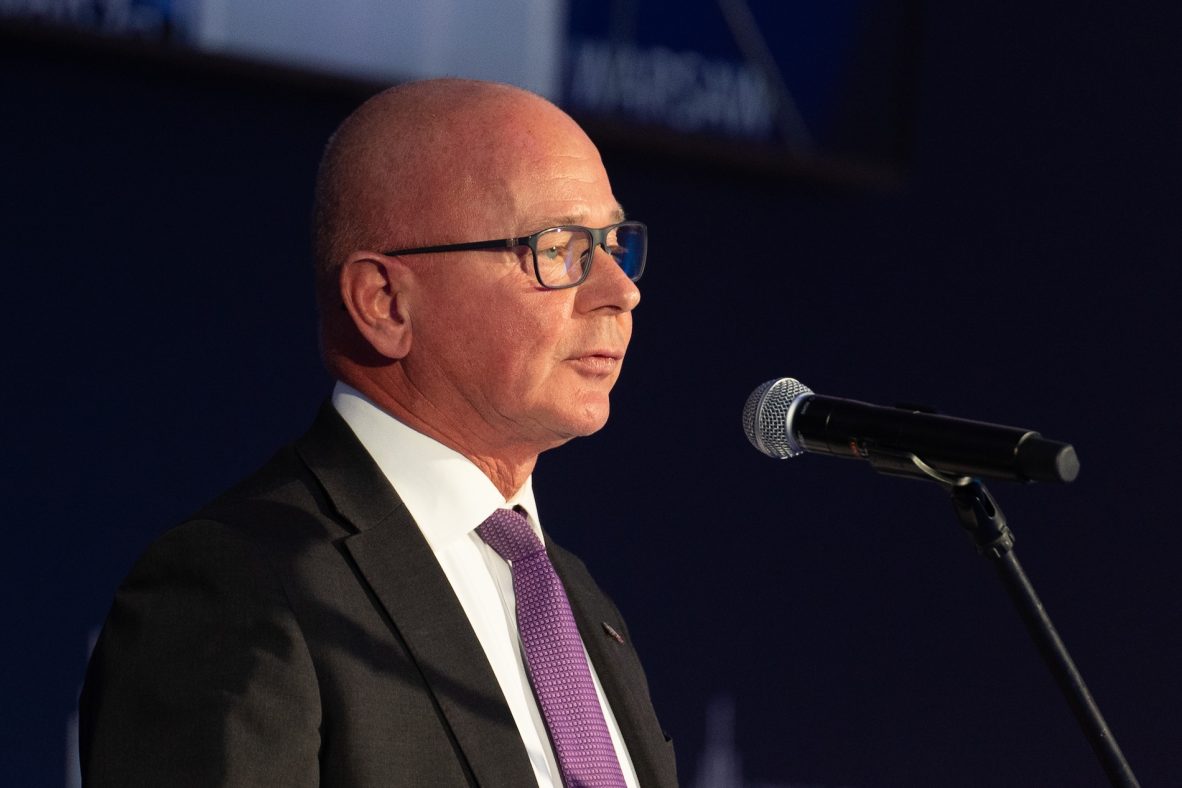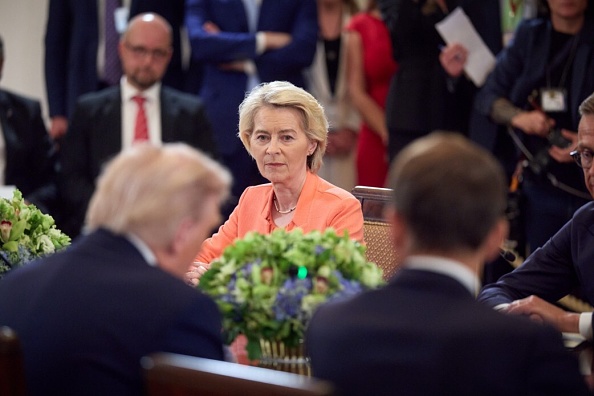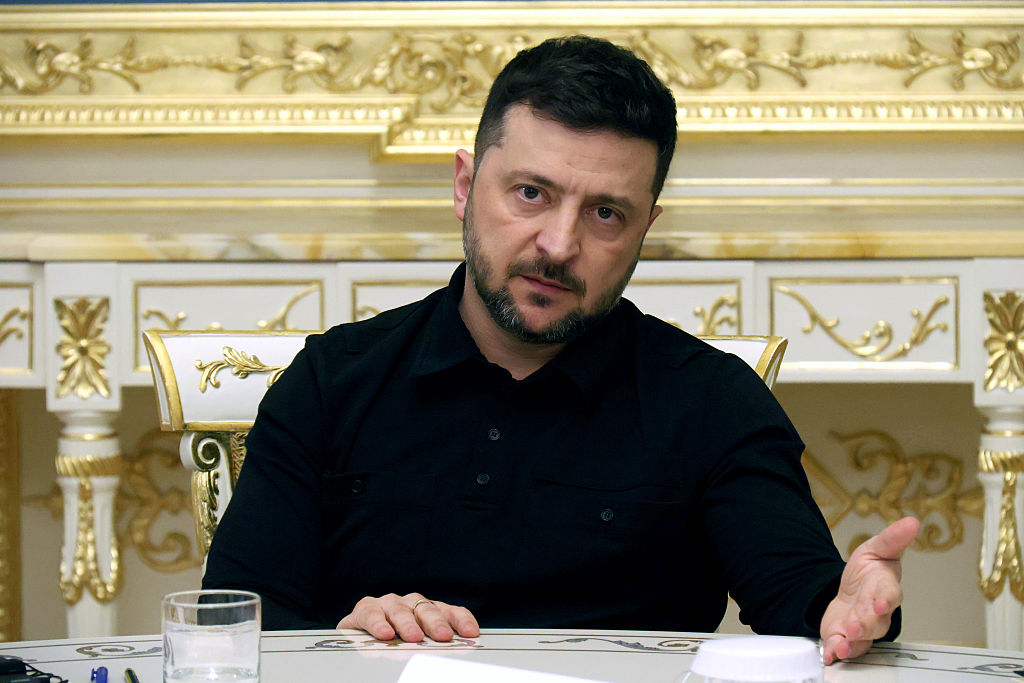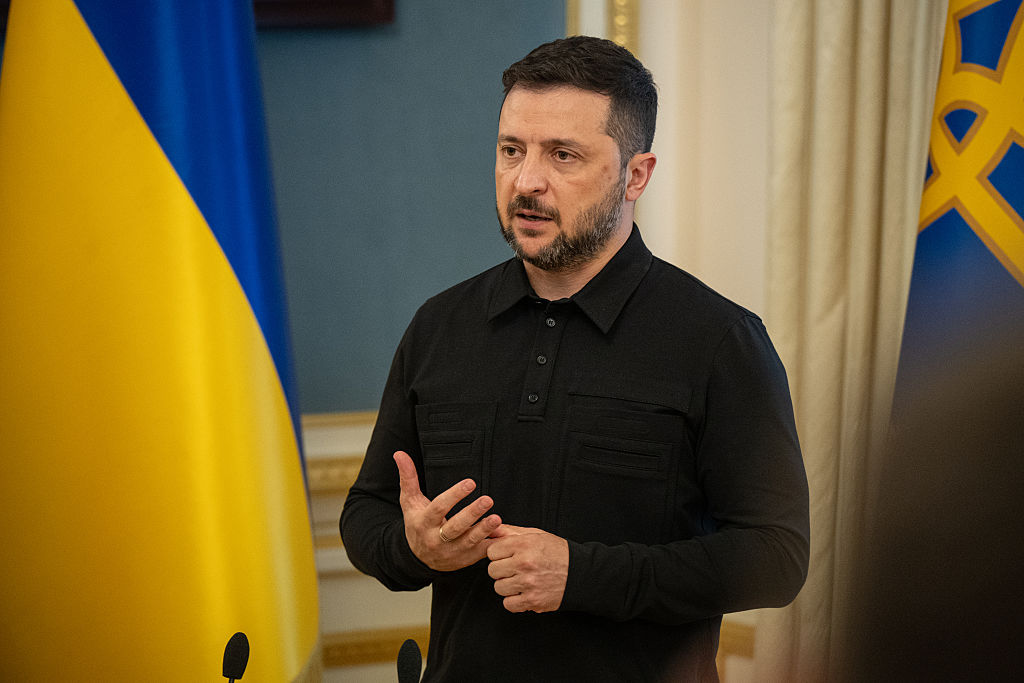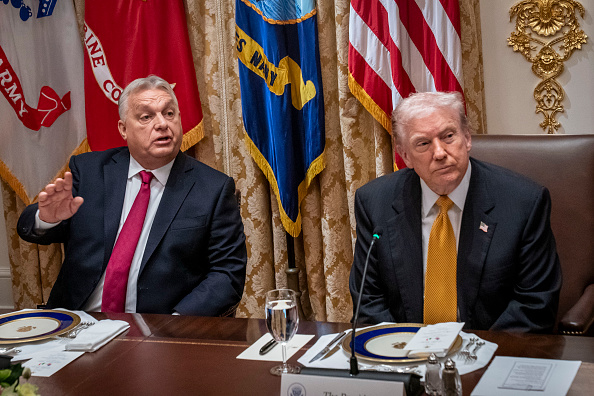EU plans next Russia sanctions, while current package is blocked
Hungary says it will not block the 19th package, but Slovakia's veto remains
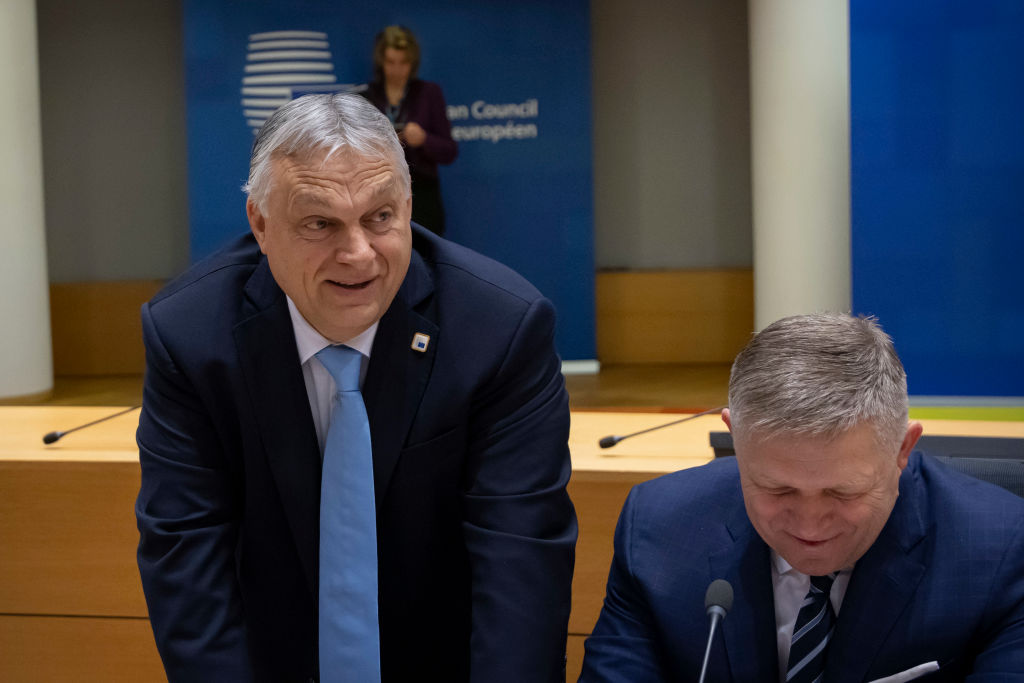
LUXEMBOURG – EU foreign ministers brainstormed about ways to punish Russia’s economy in a future package of economic sanctions but failed to reach agreement on the measures currently on the table.
“Ministers were also clear today that after the 19th package, we should work on the next package. It will not be the last one,” said Kaja Kallas, the EU’s chief diplomat, at a press conference on Monday.
Proposed by the Commission last month, the latest package would see the EU phase out Russian liquefied natural gas purchases by January 2027, faster than the parallel ban that is still being legislated by the EU’s institutions.
It also targets firms in India and China suspected of helping Russia circumvent sanctions, and further targets Russia’s so-called shadow fleet of tankers, which evade the Western oil price cap.
Austria dropped its concerns on Friday, and ambassadors will continue discussing it tonight.
The expectation is that European leaders will put pressure on Slovak Prime Minister Robert Fico to lift his veto on the package when they meet in Brussels on Thursday. Fico has linked his blockage to the EU’s policy of phasing out combustion-engine cars and is expected to seek concessions in return for his assent.
Hungary’s Foreign Minister Péter Szijjártó quashed rumours that Hungary would block the 19th sanctions package, perhaps with an eye on the upcoming meeting between Vladimir Putin and Donald Trump in Budapest.
“We don’t have such a plan to block it, ” he said. “We managed to take out all those measures which would have gone against our national interest.”
Asked by Euractiv whether he contributed to the discussion on the next round of sanctions on Russia, Szijjártó said: “I don’t contribute to crazy things,” arguing that the EU’s sanctions policy has failed because Russia’s war on Ukraine continues.
Estonia’s Foreign Minister Margus Tsakhna told Euractiv that he wants to see tariffs on Russian oil imports considered as part of the next steps, noting that tariffs would be easier to impose than sanctions as they would not require unanimity among the 27 member states.
Tsakhna said he hoped that an agreement on the 19th package could be reached on Thursday, when the European Council meets in Brussels.
“We have still too many countries who are consuming lots of Russian energy,” he said.
Nikolaus J. Kurmayer contributed reporting from Luxembourg.
(aw)




